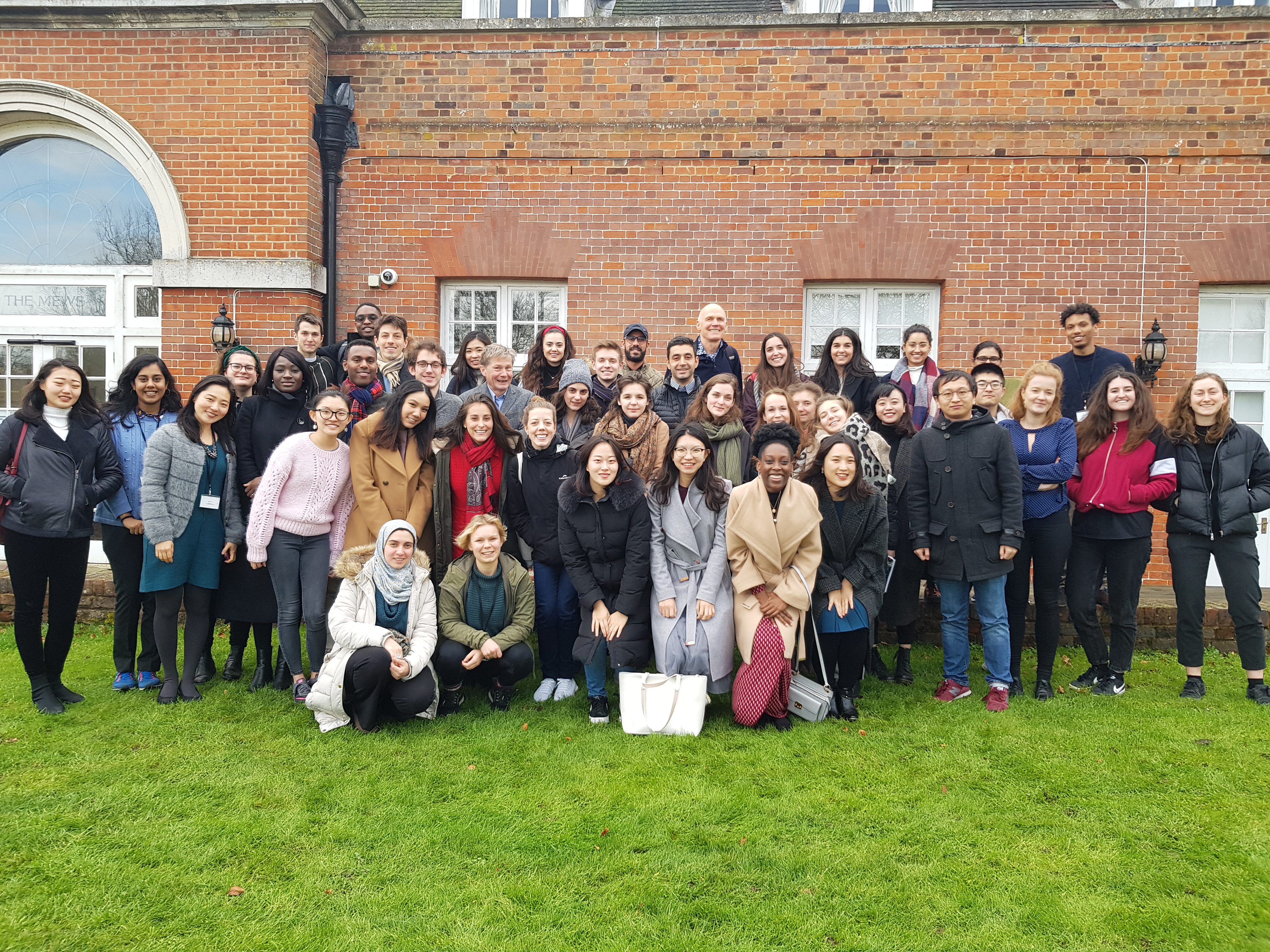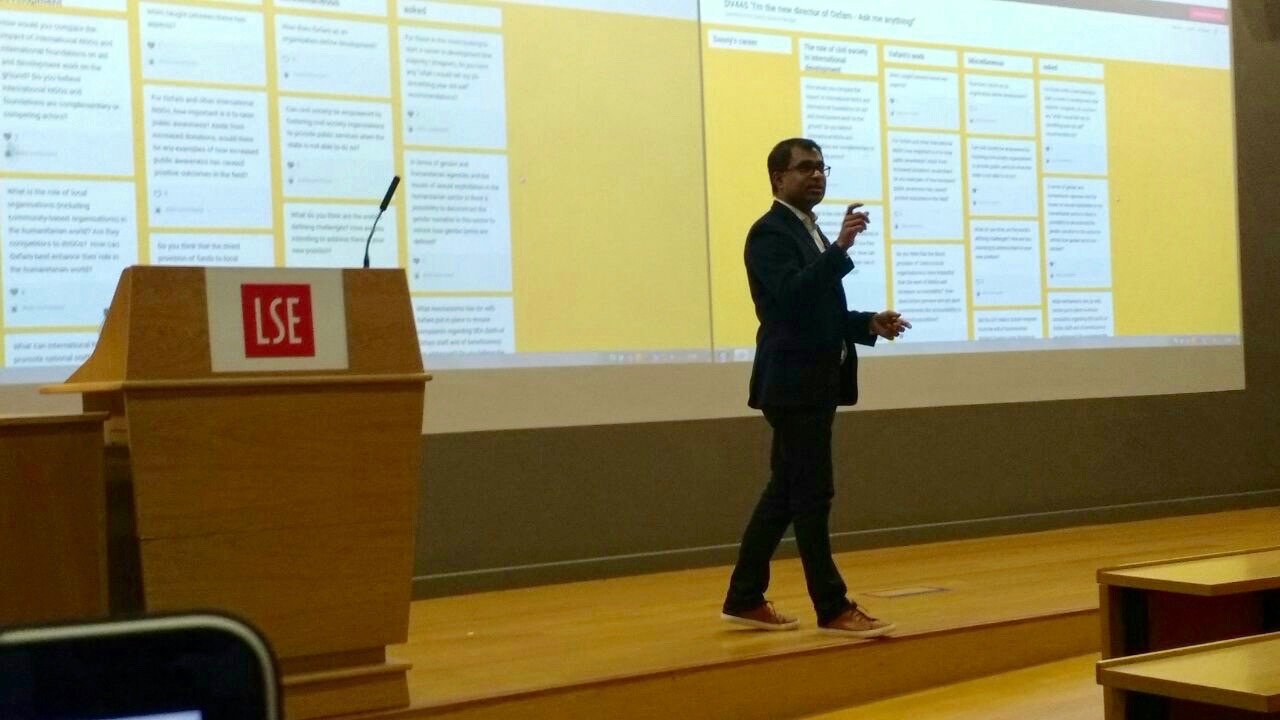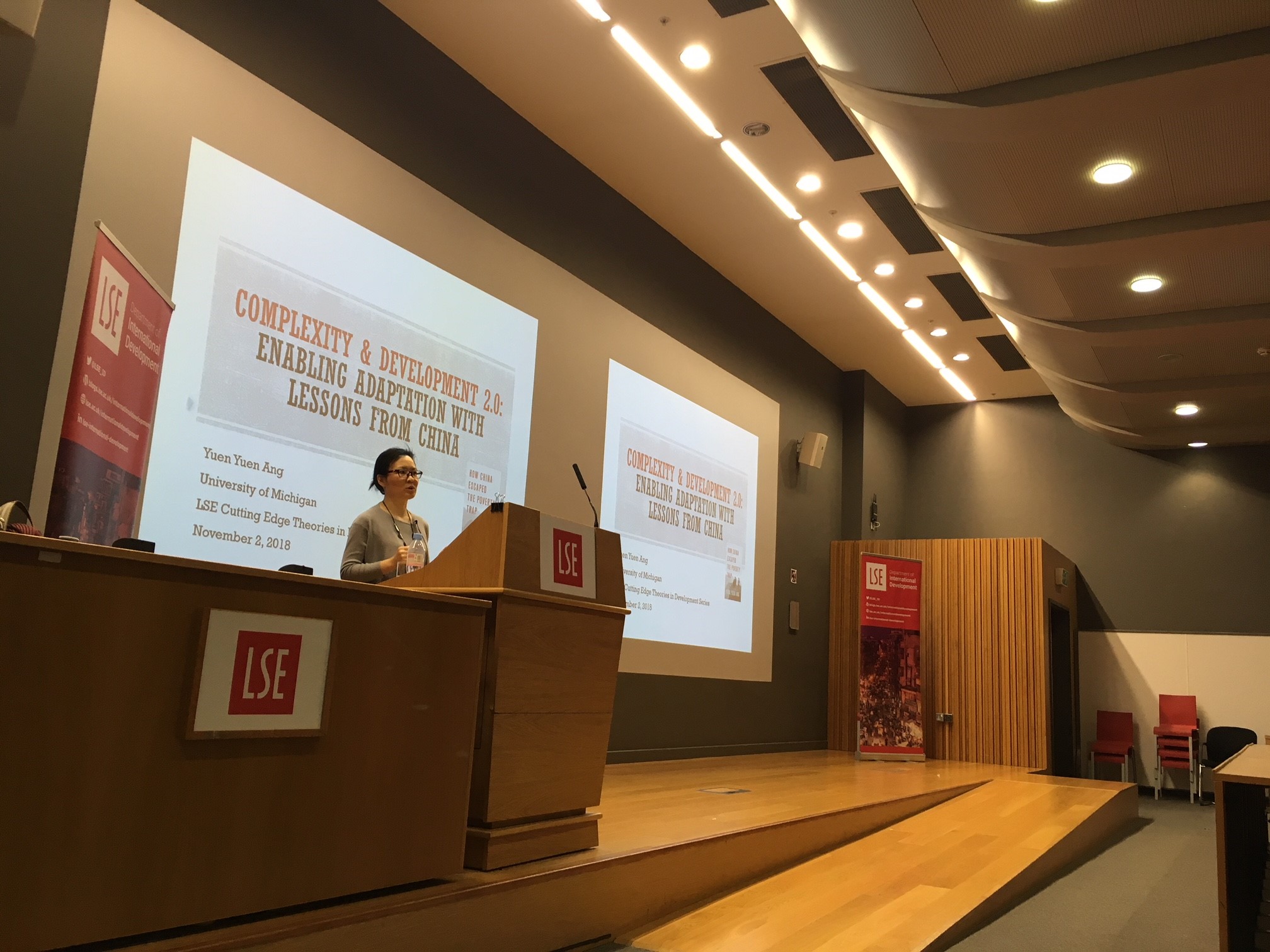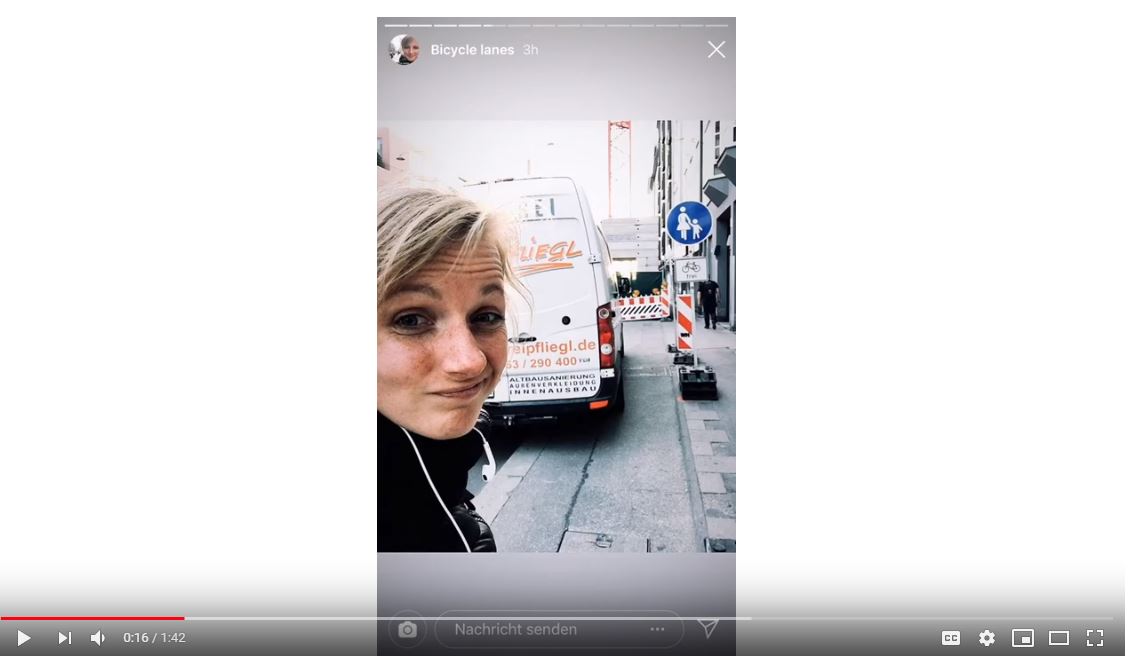Settling into the new academic year as an MSc student at LSE can be an overwhelming experience, but as Muna Ngenda observes, it forces students to think about both their past experiences as well as potential future experiences.
Welcome week at the LSE is a deluge of information: new names, faces, locations, procedures, and requirements for social wellbeing and academic success wash over the incoming student cohort in waves of scheduled events. As a Chevening Scholar and a participant in the Lalji Centre for Africa’s Program for African Leadership (PfAL), I have a multiplicity of opportunities to exchange experiences and perspectives with other international students, particularly those drawn from developing countries. I attended a total of six receptions and inductions as a new postgraduate this September, and must have heard and attempted to commit to memorizing the names and interesting experiences of at least a hundred of my new colleagues.
I have great expectations for this academic year, and the first week of classes in the International Development department did not disappoint. As the title of this post implies, the 2016 ID courses lay a solid foundation for post-graduate study by doing three important things – i) dispelling common myths and faulty assumptions about development and the developing world; ii) questioning the dominant narratives and mainstream theories that govern knowledge in development-related disciplines; and iii) widening the usual range of viewpoints from which scholars and practitioners analyse the past, make sense of the present, and contribute to future knowledge and outcomes.
There were several memorable quotes and observations from readings, lectures and class conversations this week that I will keep in mind as the term progresses. One of these was a lecturer’s pragmatic admonition on real-world use of data during an introduction to research methods for dissertations: “We like to think that evidence drives policy. Mostly what drives policy is not evidence, but a good story, a normative narrative – that it’s good to empower women, or give kids tablets for school. Evidence often ends up being quite peripheral or tailored to desired conclusions”. This view of the politics of development gels with my own experience and training as a development consultant – that identifying the ‘correct’ answer in a given situation, though necessary, is far from sufficient. More than half the battle is navigating the competing interests and power dynamics of having it implemented.
Speaking of implementation – the week was capped off with a class viewing of the documentary Good Fortune. The 2009 film by Landon Van Soest follows development actors and ‘beneficiary’ communities in urban and rural Kenya over the course of a year. It illustrates the disconnects between the grand visions and general theories of practitioners and the actual aspirations and experiences of those they purport to help. In the dramatic aftermath of attempts by a foreign private investor to modernise rural agriculture, and a perhaps ill-fated UN-government partnership to upgrade slum housing in the run up to national elections, there was much food for thought. I appreciated the sighs of frustration and laughter at eminent absurdities elicited from my colleagues during the course of the film, and the thoughtful silence and insightful commentary that followed.
My two main lines of thought produced by this week were i) the intellectual utility of adopting a systems view of economic and political history, and ii) a redefinition of my personal internal compass for what constitutes ‘right’ approaches and ‘good’ outcomes in development work:
A synthesis of assertions made by Frederick Cooper and Morten Jerven in Africa since 1940: The Past of the Present (2002) and Africa’s Accidental Advancement: How New Statistics Are Boosting the Continent’s GDP (2013) respectively, helped me see that the direction of a country’s development can be explained as the result of a series of events or ‘inputs’, fed into a complex national system that produces observed outcomes. Each system not only has a different internal configuration (political and economic interests, distribution of interests, social norms) to any other, but also different external pressures, opportunities and relationships influencing that configuration. Linear, deterministic narrations of specific cases or simplistically broad generalizations across countries – both quite common in the literature – may therefore hold very limited explanatory value. With this perspective in mind, nuance, context and humility become essential analytical touchstones.
Reflecting on several instances of ethnocentrism, hegemony of thought or harmful ignorance displayed by development actors in case studies builds up in my mind a confidence in the right and ability of ‘beneficiaries’ to frame their own aspirations of progress and inform the culturally appropriate adaptation of advantageous technologies, practices and institutional frameworks for their benefit. What this means to me practically, with influence from Amartya Sen’s Development as Freedom (1999), is that the approach likely to be most impactful, sustainable and ethical is not necessarily one trending intervention or another, but the minimization of the sense of intervention by focusing on the essential tools and ideas that promote self-organization, consensus-building, and representation. Perhaps what disadvantaged communities need most is not donations or technologies or outsiders to speak for them, but a defense of their right and ability to set their own development priorities and effectively engage, develop or update the institutions required to achieve them.
These thoughts will of course evolve over the rest of the year, as they are updated by and intertwined with others inspired by a living thread of interactions with scholars past and present. For the moment, they represent the key takeaways from my short time here. I look forward to reflecting periodically on lessons from all the classes and conversations yet to come. I think it’s going to be a good year.





